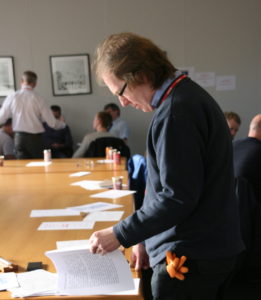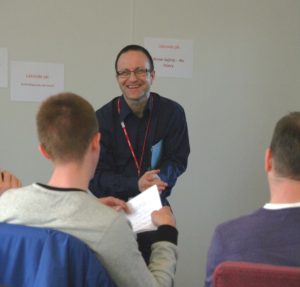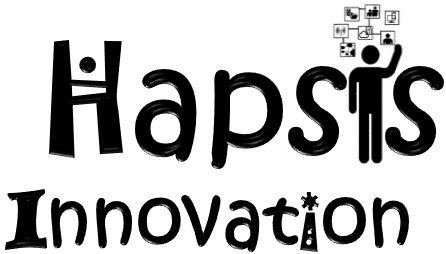Do you wonder why training doesn't always have an impact?
Do your staff struggle to apply new skills ?
Are you fed up with the same old training format?

Many training and development interventions struggle with “training transfer” – the transfer of the skills within the workshop to the actual workplace.
A crucial reason is the lack of opportunities to practice the skills and do so in a realistic and authentic environment.

Enter stage left: Drama based learning
This form of learning utilises actors to play “characters” in a work based scenario, then participants in the workshop interact with the character to apply skills learnt. The character may be a member of staff, a client or customer, a senior manager or other stakeholder.
Is it role play? No, participants in the session don’t play any role, they are themselves, and interact as they would ‘normally’ – but with the opportunity to try out alternative approaches without fear of the consequences.
It is a safe environment where experimentation is encouraged – in real work settings it is typically not feasible to “have another go” when something didn’t go quite right.
Formats and Facilitation
A number of different activities can be included, often in combination through the workshop. Typically a scenario is designed to suit the participants, although not necessarily one that is too directly related, and the activities are based around this scenario or the character(s) who are part of it.

Examples include
- Hotseat
- Fishbowl
- Forum theatre
- Relay
An expert facilitator takes the role of producer/director in the scenario and activities. They guide the participants to focus on key aspects, pause the action and ask them to reflect on their approach, or each other’s, and consider other options.
An important role for the facilitator is to recognise key moments that move the conversation forward, or backward, and highlight the learning points. At times the facilitator will be challenging, asking participants to explore their motives and intentions, and become aware of the consequences of their behaviour in the scenario.

Comments are closed